FCRA Litigation
Fair Credit Reporting Act (FCRA) Litigation: Protecting Your Rights and Your Reputation
At Auer Legal Services, we fight for consumers whose rights have been violated under the Fair Credit Reporting Act (FCRA). Your credit report plays a critical role in nearly every aspect of your financial life—from qualifying for a mortgage to applying for a job. When credit reporting agencies or creditors mishandle your information, the consequences can be serious—and legally actionable.
The FCRA is a federal law that gives you the right to accurate, fair, and private reporting of your credit information. If a credit reporting agency or furnisher of information fails to correct errors, reports inaccurate data, or violates your rights during the dispute process, you may be entitled to statutory damages, actual damages, and even attorney’s fees.
Common FCRA Violations We Litigate:
Inaccurate credit reporting (e.g., debts that don’t belong to you, duplicate accounts, outdated information)
Failure to investigate disputes
Mixed credit files (your information merged with someone else’s)
Reporting debts discharged in bankruptcy
Furnishers failing to update or correct inaccurate data
Unauthorized access to your credit report
We don’t just help you fix your credit—we help you hold companies accountable when they violate federal law. Many FCRA cases can be handled at no out-of-pocket cost to you, as the law allows recovery of attorneys’ fees from the violator.
If errors on your credit report are holding you back—or if you’ve tried to fix a mistake and gotten nowhere—Auer Legal Services is here to help. Contact us today for a free consultation and learn how we can protect your rights and restore your financial reputation.
How can I get my credit report for free?
You can obtain your free credit report from all three major credit bureaus—Equifax, Experian, and TransUnion—through AnnualCreditReport.com, which is the only government-authorized website to provide these reports for free. The fastest and most convenient method is to visit the website directly, select the bureau(s) you wish to receive your report from, and answer a few identity verification questions. You can then view, download, or print your report immediately. If you prefer not to access your report online, you can request it by phone by calling 1-877-322-8228. The automated system will guide you through the process, and your report will be mailed to you within about 15 days. Alternatively, you can request your free report by mail by downloading and completing a form from the Annual Credit Report website. After filling out the form, simply mail it to Annual Credit Report Request Service, P.O. Box 105281, Atlanta, GA 30348-5281, including your full name, date of birth, Social Security number, and current and previous addresses (if applicable).
Frequently Asked Questions
What is the Fair Debt Collection Practices Act (FDCPA)?
The FDCPA is a federal law that regulates the behavior of debt collectors, prohibiting abusive, deceptive, or unfair practices when attempting to collect debts. Violations can lead to litigation and compensation for damages.
What damages can I recover in an FDCPA lawsuit?
If successful in an FDCPA lawsuit, you may recover statutory damages up to $1,000, actual damages (such as emotional distress or financial harm), and reasonable attorney's fees and costs.
What types of bankruptcy are available for individuals and businesses?
Individuals typically file Chapter 7 (liquidation) or Chapter 13 (reorganization), while businesses may file Chapter 7 or Chapter 11 (reorganization). Our attorneys will help you understand which option best suits your financial situation and goals.
Can bankruptcy help me avoid foreclosure or repossession?
Absolutely. Filing bankruptcy often halts foreclosure proceedings and repossessions, allowing you to reorganize your debt or catch up on missed payments under a court-approved plan.
How do I know if a debt collector has violated the FDCPA?
Common violations include harassment, repeated calls, using threatening or obscene language, falsely representing the debt amount or legal consequences, and attempting to collect debts not owed. Consulting an attorney can clarify if your rights have been violated.
Can the Federal Trade Commission (FTC) assist me with unfair debt collection practices?
Yes, the FTC investigates widespread debt collection abuses and enforces compliance. While the FTC doesn't represent individual consumers, its actions can support private litigation and lead to broader regulatory enforcement.
Will filing bankruptcy stop creditors from calling me?
Yes. Once you file bankruptcy, an automatic stay immediately goes into effect, prohibiting creditors from pursuing collection actions, including calls, lawsuits, wage garnishments, and foreclosures.
